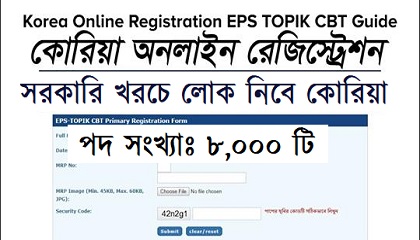USA Diversity Lottery – More Information
Answer: Your country of eligibility will normally be the same as your country of birth. Your country of eligibility is not related to where you live or your citizenship. Native ordinarily means someone born in a particular country, regardless of the individual’s current country of residence or nationality. For immigration purposes “native” can also mean someone who is entitled to be “charged” to a country other than the one in which he/she was born under the provisions of Section 202(b) of the Immigration and Nationality Act.
For example, if you were born in a country whose natives are ineligible to enter the green card lottery, but your spouse was born in a country whose natives are eligible to enter the green card lottery, you can claim your spouse’s country of birth as your country of eligibility. I.e. you may claim chargeability to the country where your derivative spouse was born, provided that both you and your spouse are on the selected green card lottery application, but you will not be issued a diversity visa green card unless
- your spouse is also eligible for and issued a diversity visa green card,
- and both of you must enter the United States together with the diversity visa green cards.
Example: If you were born in Canada, whose natives are ineligible to enter the green card lottery, but your spouse was born in Spain, whose natives are eligible to enter the green card lottery, you can claim your spouse’s country of birth (Spain) as your country of eligibility as long as you include your spouse on your green card lottery application.
In a similar manner, a minor dependent child can be “charged” to a parent’s country of birth.
Finally, if you were born in a country not eligible to participate in this year’s diversity visa green card program, you can be “charged” to the country of birth of either of your parents as long as neither parent was a resident of your country of birth at the time of your birth. For example your parents might have lived temporarily in the ineligible country because of their jobs. In general, people are not considered residents of a country in which they were not born or legally naturalized if they are only visiting the country, studying in the country temporarily, or stationed in the country for business or professional reasons on behalf of a company or government.
If you claim alternate chargeability, you must indicate such information on the Diversity Lottery entry form under country of Eligibility. Please be aware that listing an incorrect country of eligibility or chargeability (i.e. one to which you cannot establish a valid claim) may disqualify your entry.
Green Card Lottery qualifying Education or Work experience
You must comply with one of the following two requirements (Option 1 or Option 2 below) to qualify for the Green Card Lottery:
OPTION 1:
The Department of State defines high school education or its equivalent to mean “successful completion of a twelve-year course of elementary and secondary education in the United States or successful completion in another country of a formal course of elementary and secondary education comparable to completion of twelve years’ elementary and secondary education in the Unites States.” A General Education Diploma (GED) test or its foreign equivalent will not satisfy this requirement.
OPTION 2:
- Click here to view all qualifying jobs
Proof that you satisfy these requirements should NOT be submitted when entering the Green Card Lottery but will be requested by a consular officer after your name has been selected and you formally apply for your permanent residence visa. Individuals who do not match these basic requirements should not apply in this program. You need to provide proof of education, work experience and native country only if you are selected. For this reason we do not request this information in the application form.
Green Card Lottery Marriage Status
Legally Seperated means that a court has formally declared that you and your former spouse are legally seperated. Legal Separation means that your spouse would not be eligible to immigrate as your derivative.
Children
You must list ALL your children who are unmarried and under 21 years of age, whether they are your natural children, your spouse’s children, or children you have formally adopted in accordance with the laws of your country, unless such child is already a U.S. citizen or Legal Permanent Resident. List all children under 21 years of age even if they no longer reside with you or you do not intend for them to immigrate under the DV program.
The fact that you have listed family members on your entry does not mean that they later must travel with you. They may choose to remain behind. However, if you include an eligible dependent on your visa application forms that you failed to include on your original entry, your case will be disqualified. This only applies to those who were family members at the time the original application was submitted, not those born/adopted/acquired at a later date. Your spouse may still submit a separate entry, even though he or she is listed on your entry, as long as both entries include details on all dependents in your family.

